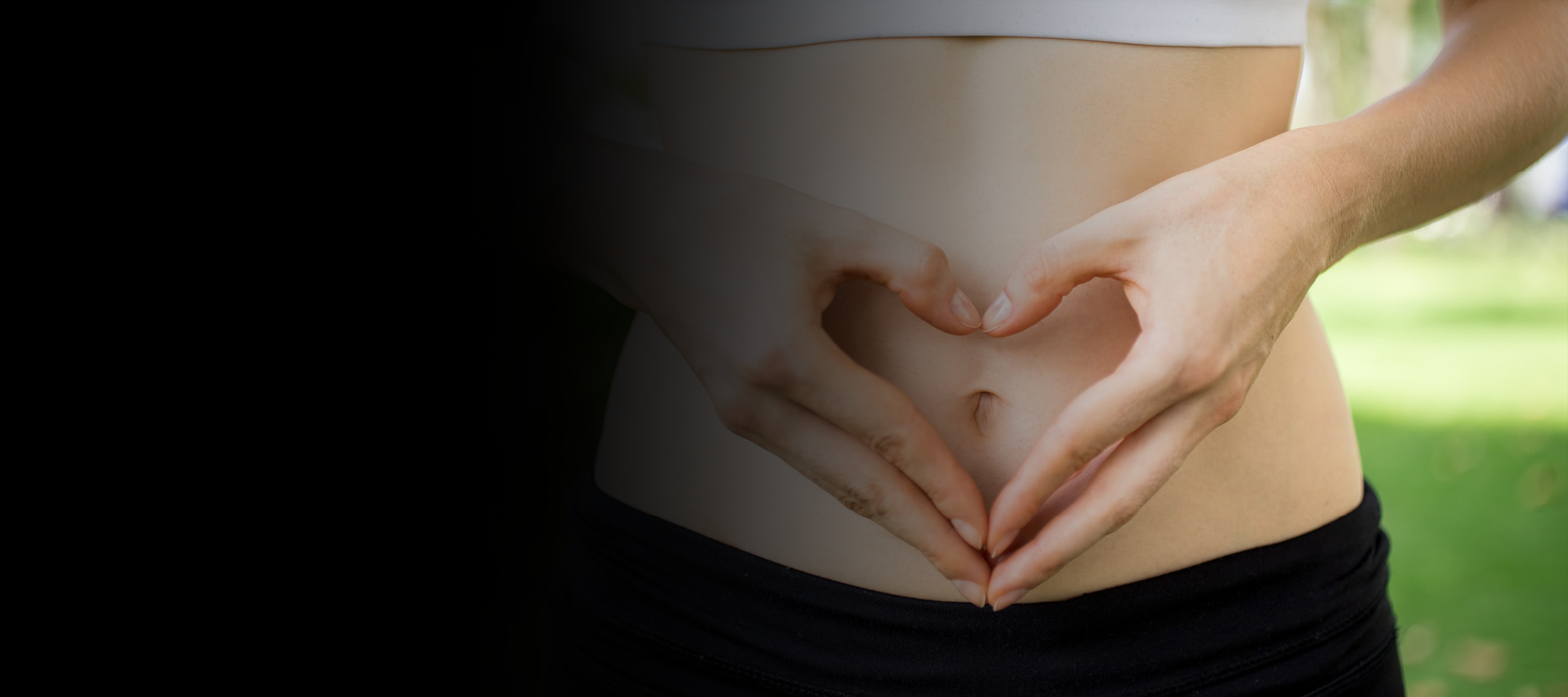
Pre-and Postnatal Physiotherapy:
A key to maternal well-being
As the journey into motherhood unfolds, countless changes occur in a woman's body-physically, emotionally, and mentally. Pre-and postnatal physiotherapy is a specialised form of care designed to support women through these transformative stages. Here’s why it’s vital for every expectant and new mum
Pre-natal Physiotherapy
1. Supporting Physical Changes
During pregnancy, women experience an array of physical changes, including weight gain, hormonal fluctuations, and changes in posture. These shifts can lead to discomfort, particularly in areas like the back, pelvis, and abdomen. Pre-natal physiotherapy focuses on teaching safe exercises that help strengthen the body, improve posture, and mitigate discomfort.
2. Pain Management
Many pregnant women encounter pain—especially in the lower back and pelvis. Research indicates that physiotherapy can significantly reduce these pains, making the pregnancy experience more comfortable. Techniques such as manual therapy, exercise, and education on body mechanics can provide immense relief.
3. Preparing for Labour
Physiotherapy can also play a critical role in preparing for labour and delivery. By strengthening the core and pelvic floor muscles, women can improve their endurance and better manage labour. Many physiotherapists provide education on breathing techniques and positions for labour, self perineal massage, helping women feel empowered as they approach this significant life event.
Post- natal physio
1. Promoting Recovery
After giving birth, the body undergoes another set of changes. Postnatal physiotherapy focuses on helping women heal, rebuild strength, and regain confidence in their physical abilities. Typically, a six-week postnatal check is recommended to assess recovery, pelvic floor function, and overall well-being. This proactive approach fosters a smoother transition into motherhood.
2. Addressing Common Concerns
Many new mothers experience issues such as diastasis recti (separation of abdominal muscles), urinary incontinence, or pelvic pain. Postnatal physiotherapy provides targeted exercises and interventions to address these concerns, helping women return to their favorite activities free of pain and discomfort. Additionally, managing scars post-C-section is an integral part of recovery, ensuring that women feel comfortable in their bodies again.
3. Guidance for Returning to Exercise
Getting back into an exercise routine can be daunting for many new mums. Physiotherapy offers guidance on how and when to return to physical activity while focusing on building core stability and pelvic strength. Moreover, physiotherapists often teach techniques for perineal massage, which can help prepare the body for labor and promote healing during recovery.
Evidence-Based Support
Numerous studies show the benefits of pre-and postnatal physiotherapy. Research published in journals such as the British Journal of Sports Medicine and the Cochrane Review highlights the effectiveness of physiotherapy in reducing pain, improving musculoskeletal health, and enhancing overall quality of life for expectant and new mothers.
Conclusion
Pre-and postnatal physiotherapy is not just a luxury; it’s an essential component of a healthy pregnancy and postpartum recovery. By addressing physical changes and promoting healing, physiotherapists can empower women as they navigate motherhood. If you're pregnant or recently had a baby, consider seeking the support of a specialized physiotherapist to enhance your experience and well-being. Your body has done incredible things—let's give it the care and attention it deserves!











